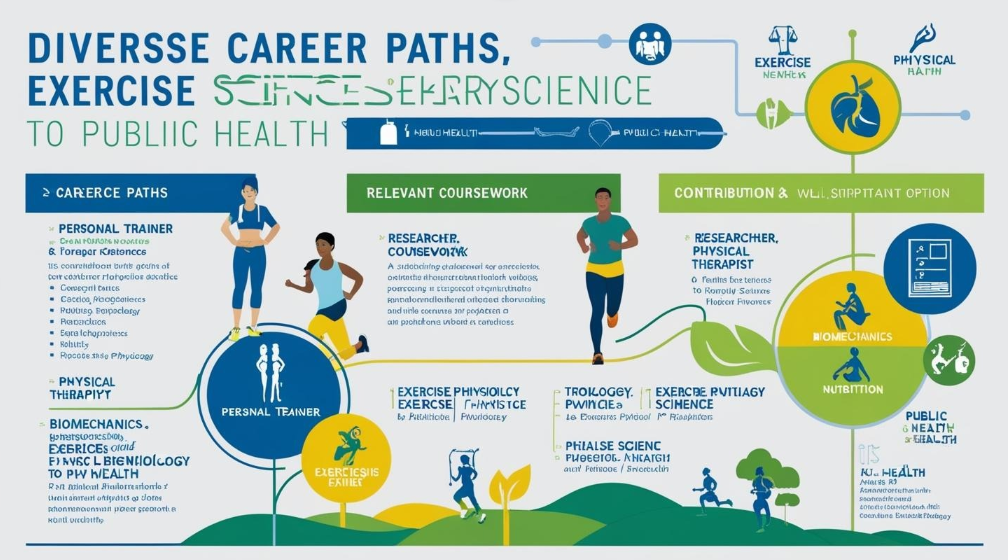
Introduction
Confused about the difference between Exercise Physiology and Exercise Science? You’re not alone. While both fields focus on human movement and health, they diverge in specialization, career paths, and even how health insurance plays a role. Whether you’re a student choosing a major or a professional pivoting careers, this guide breaks down courses, job opportunities, and the critical link to healthcare reimbursement.
Exercise Science vs. Exercise Physiology: Key Differences
- Exercise Science: A broad discipline studying how physical activity impacts health, covering biomechanics, nutrition, and fitness programming. Think personal trainers, wellness coaches, or public health advocates.
- Exercise Physiology: A specialized subset focusing on how the body adapts to exercise, particularly in clinical settings. Exercise physiologists often work with chronic disease patients or athletes, using data to design rehab plans.
Quick Tip: Exercise Science is the umbrella; Exercise Physiology is a deeper dive into medical applications.
Courses: What You’ll Study
Exercise Science Programs:
- Biomechanics & Kinesiology
- Sports Nutrition
- Public Health Strategies
- Fitness Assessment
Exercise Physiology Programs:
- Clinical Exercise Testing
- Pathophysiology of Chronic Diseases
- Cardiopulmonary Rehabilitation
- Metabolic Adaptations
- Did You Know? Exercise Physiology programs often require internships in hospitals or rehab clinics, while Exercise Science may include community health projects.
Career Paths: Where Graduates Thrive
Exercise Science Careers:
- Personal Trainer (45k–45k–75k/year): Design workouts for clients in gyms or private settings.
- Corporate Wellness Coordinator (50k–50k–80k): Reduce workplace stress through ergonomic and fitness initiatives.
- Public Health Educator (45k–45k–70k): Advocate for active lifestyles in schools or nonprofits.
Exercise Physiology Careers:
- Clinical Exercise Physiologist (55k–55k–85k): Work in hospitals to rehab cardiac or pulmonary patients.
- Sports Scientist (60k–60k–100k): Optimize athlete performance using metabolic testing.
- Research Specialist (65k–65k–95k): Study exercise impacts on diseases like diabetes.
Job Growth: The BLS projects a 10% rise in exercise physiology roles by 2032, driven by aging populations and chronic disease rates.
Exercise Physiology Careers:
- Clinical Exercise Physiologist (55k–55k–85k): Work in hospitals to rehab cardiac or pulmonary patients.
- Sports Scientist (60k–60k–100k): Optimize athlete performance using metabolic testing.
- Research Specialist (65k–65k–95k): Study exercise impacts on diseases like diabetes.
Job Growth: The BLS projects a 10% rise in exercise physiology roles by 2032, driven by aging populations and chronic disease rates.
Why Health Insurance Matters
Exercise physiologists increasingly intersect with healthcare systems—and insurance reimbursement is key:
- Coverage for Clinical Services: Medicare and private insurers now reimburse ECG-monitored rehab sessions for heart disease patients.
- Credentialing Requirements: Many insurers require certifications (e.g., ACSM-CEP) to bill for services, boosting demand for licensed professionals.
- Patient Access: Without insurance coverage, many can’t afford life-saving rehab programs post-surgery or for chronic conditions.
Case Study: A 2023 program in Texas saw a 30% increase in cardiac rehab participation after insurance expanded coverage for exercise physiology services.
Choosing Your Path
- Prefer hands-on fitness coaching? Exercise Science offers flexibility in wellness and community roles.
- Drawn to medical applications? Exercise Physiology opens clinical or research doors.
- Pro Tip: Check if your state recognizes exercise physiologists as licensed healthcare providers—this affects insurance billing potential.

